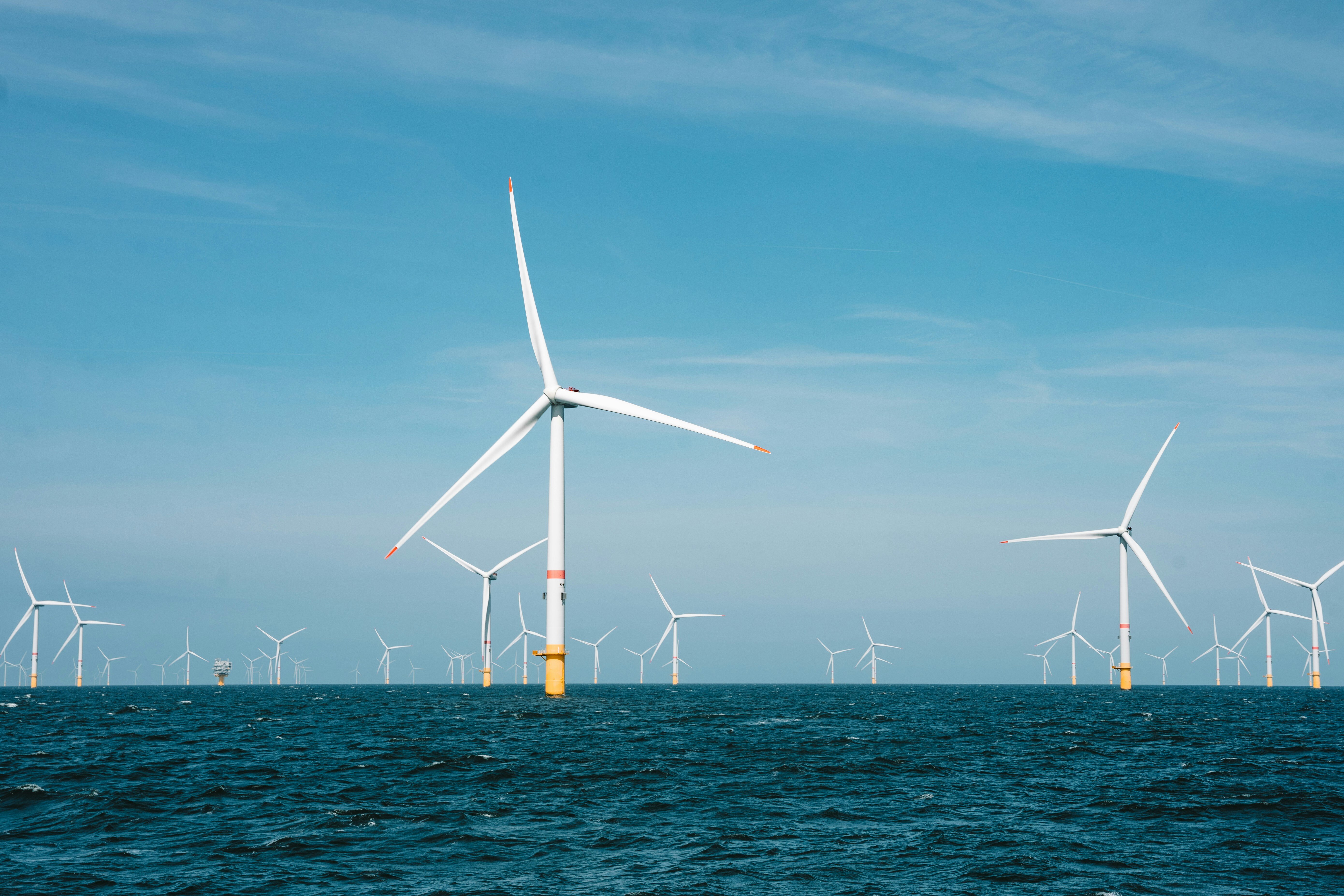GWEC Report Outlines Crucial Next Steps for Vietnam to Scale Investment and Achieve Offshore Wind Targets
Article written by
Demitra Alexandrou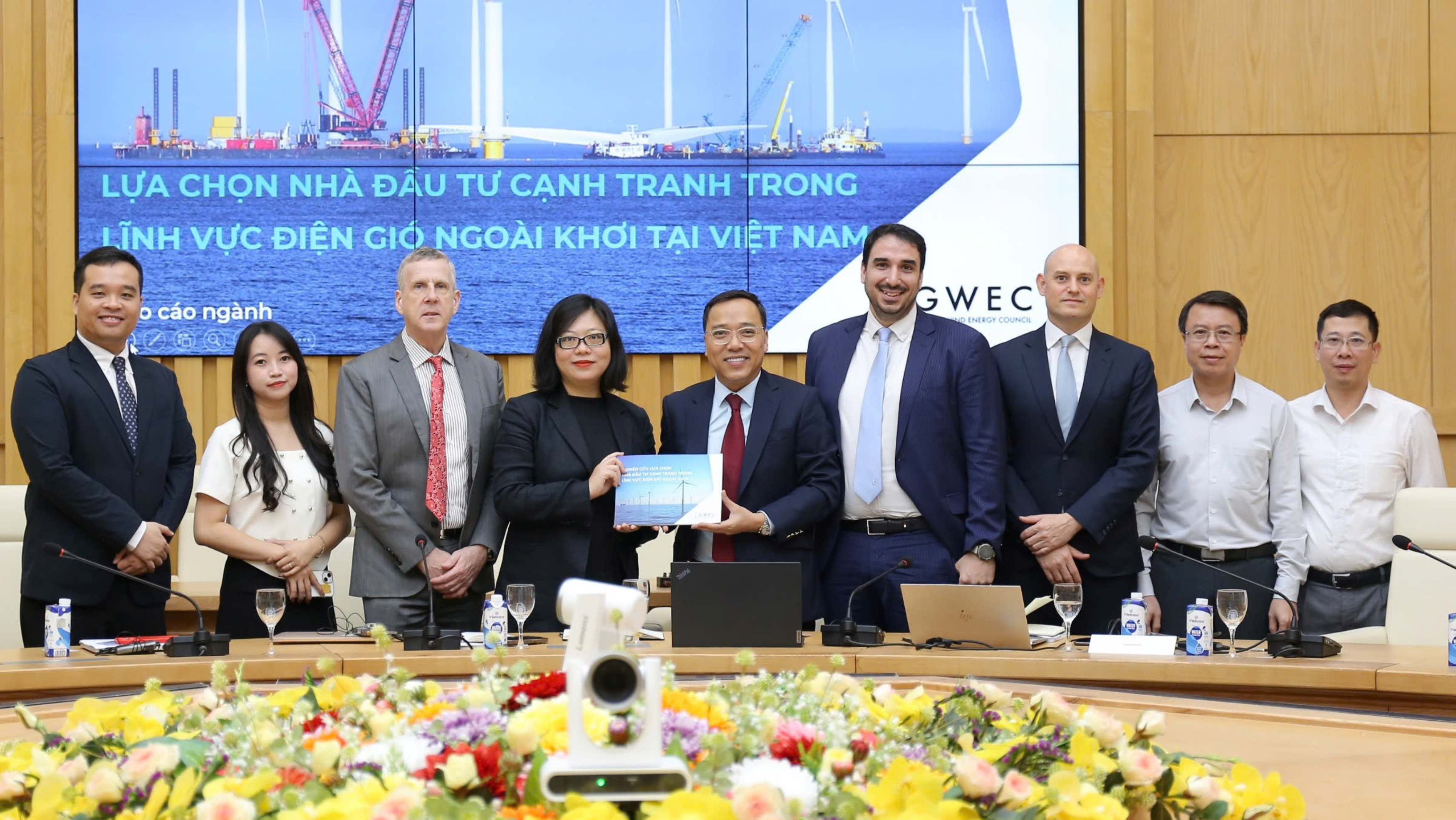
GWEC Report Outlines Crucial Next Steps for Vietnam to Scale Investment and Achieve Offshore Wind Targets
7 November 2024, Ha Noi | Today, the Global Wind Energy Council presented its report on the competitive procurement of offshore wind projects in Vietnam to Deputy Minister Nguyen Hoang Long from the Ministry of Industry and Trade (MOIT) at the ministry's office in Ha Noi.
The GWEC report entitled "Vietnam Offshore Wind Competitive Investor Selection Study" aims to share the industry's view on a potential comprehensive regulatory framework that could help to push offshore wind projects forward. The proposed framework includes exclusive site survey licensing, a bankable PPA, and clear permitting processes, among other things, that provide a clear route to market for offshore wind in Vietnam.
The government of Vietnam has committed to an ambitious offshore wind development target of 6 GW by 2030 and between 70 to 91.5 GW by 2050, as set in the Power Development Plan (PDP8). Offshore wind can help the government achieve its decarbonization goals, improve energy security, and also to meet the growing demands from corporations for decarbonized power.
This report, developed with widespread industry consultation, also including case studies from Japan, Taiwan and elsewhere, provides a roadmap to successful future competitive procurement of offshore wind.
"We believe that a robust competitive procurement process for offshore wind projects in Vietnam will be instrumental in achieving the country's long-term decarbonization and energy security goals. Defining a long-term competitive investor selection model for offshore wind projects in Vietnam would provide greater certainty to all stakeholders, allow infrastructure development, and achieve cost reductions in the learning curve."
Mark Hutchinson, Director and Chair of the Southeast Asia Task Force at GWEC
According to the GWEC report, Vietnam can procure renewable energy more cost-effectively if it adopts GWEC's proposed two-stage competitive model for offshore wind development in the market.
Stage 1 of the proposed model recommends the award of exclusive survey rights, including allowing offshore wind investors to freely define site boundaries within larger areas outlined in Vietnam’s national marine spatial plan (NMSP). Large capacity awarded to multiple projects in the first rounds can help create a diverse and competitive pipeline.
With exclusive survey rights granted for at least 10 years, this caters for attrition in project commitments. In addition, the award criteria for projects would focus on the understanding of context, project feasibility, risk identification and the developer’s capability to build the projects instead of merely looking at price assessment. Capped and balanced bid and performance bonds will also be adopted to ensure bid commitments.
Stage 2 involves the award of a power purchase agreement (PPA) with Vietnam Electricity (EVN) and a price-only competitive selection. To ensure competition, each investor would bid their own site on a pay-as-bid basis. A 20-year PPA with EVN would be awarded without any changes in the price and, to enhance bankability, a total or partial indexation to inflation and foreign exchange are recommended if denominated and paid in Vietnamese dong.
The proposed investor selection model also includes a balanced risk allocation among the Vietnamese Government, electricity ratepayers and investors. If implemented, this well-structured, competitive investor selection regime would attract substantial investor interest, and accelerate the development of offshore wind projects in Vietnam.
Vietnam could also take this opportunity to strengthen its supply chain and ensure continuity of offshore wind projects with survey licences. With a competitive labour market, extensive fabrication capabilities, and a robust local offshore oil and gas sector, stimulating domestic offshore wind demand would enhance export potential, drive economic development, and further reduce costs.
The GWEC report is a result of a year-long consultation with key offshore wind industry stakeholders and aims to provide the Vietnamese government with a data-driven analysis of competitive offshore wind procurement, drawing on international success stories from emerging and mature offshore wind markets.

About GWEC
Global Wind Energy Council (GWEC) is a member-based organisation that represents the entire wind energy sector. The members of GWEC represent over 1,500 companies, organisations and institutions in more than 80 countries, including manufacturers, developers, component suppliers, research institutes, national wind and renewables associations, electricity providers, finance and insurance companies.

Media Enquiries
-
alex.bath@gwec.net
Related articles
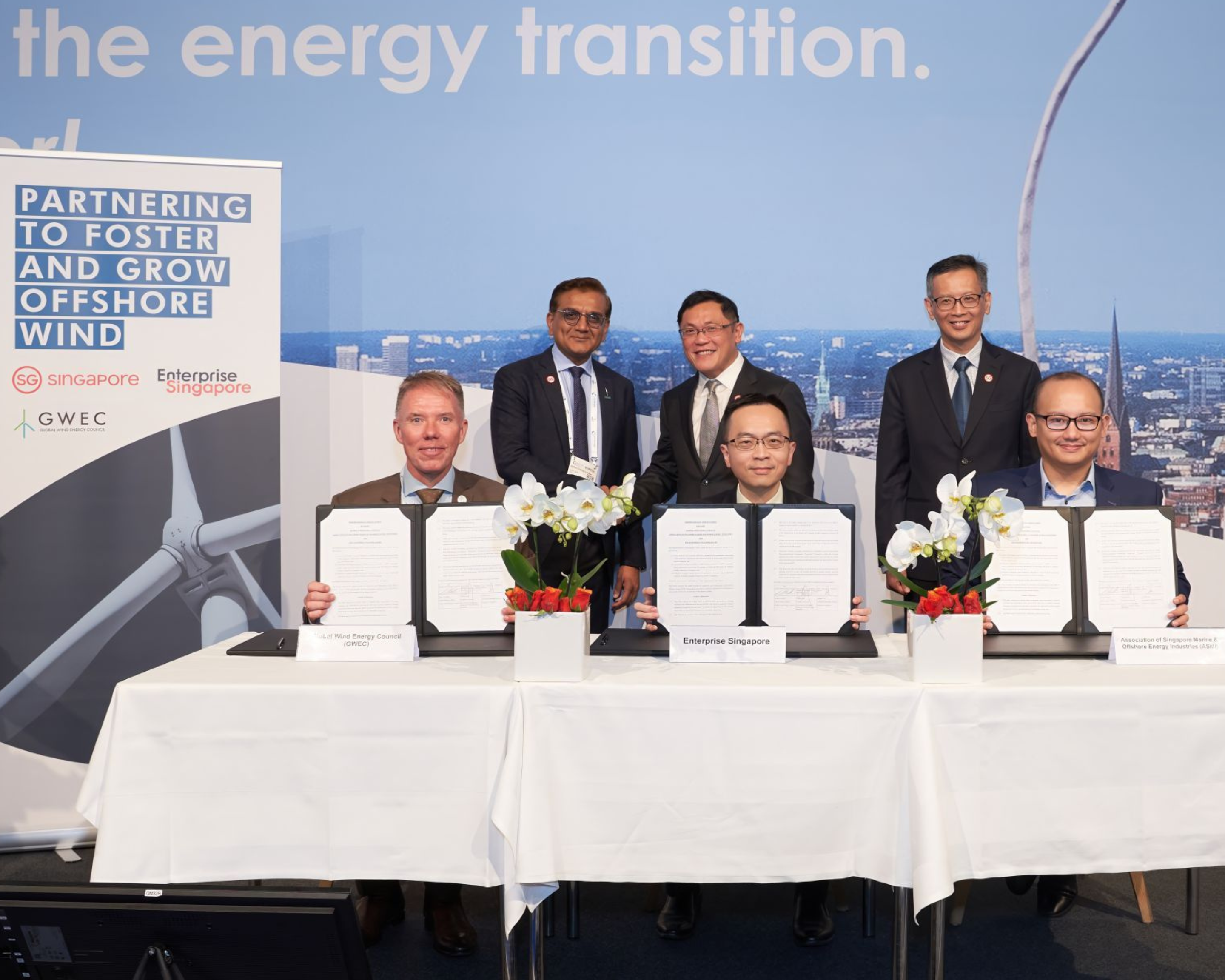
24 September, 2024
Singapore steps up participation in global offshore wind development with new partnership to catalyse project and innovation opportunities
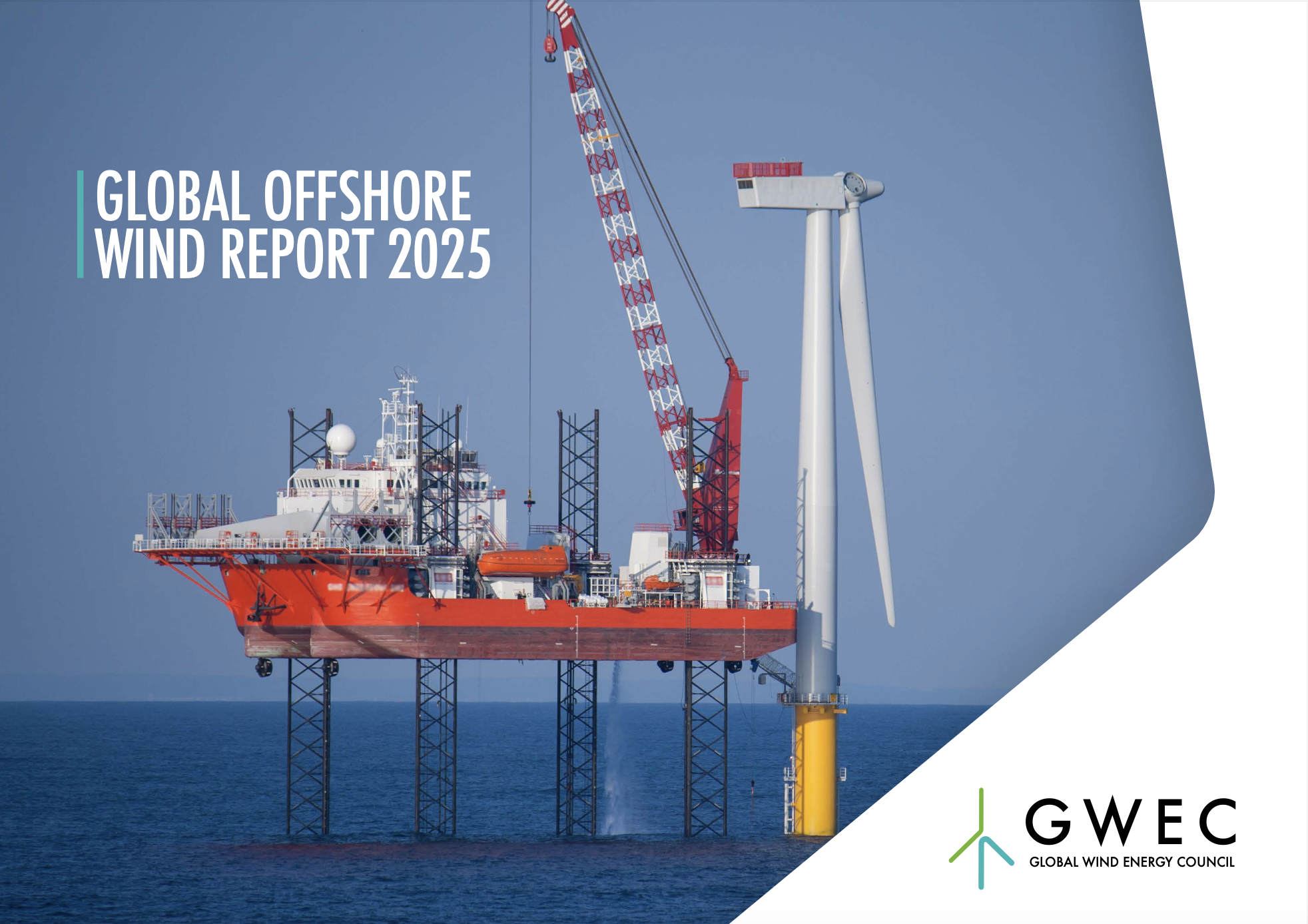
25 June, 2025
Offshore wind installed capacity reaches 83 GW as new report finds 2024 a record year for construction and auctions
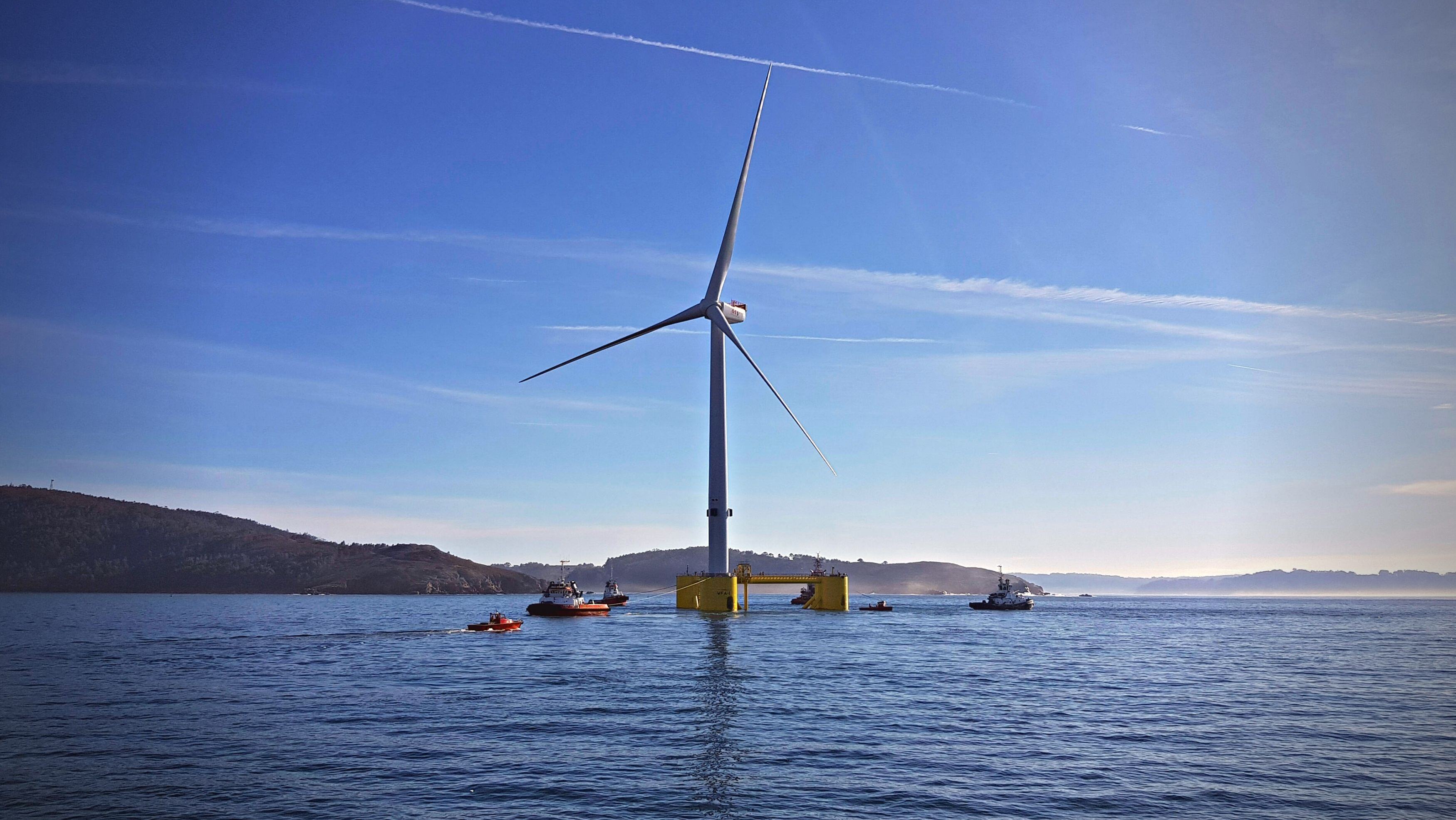
11 March, 2022
